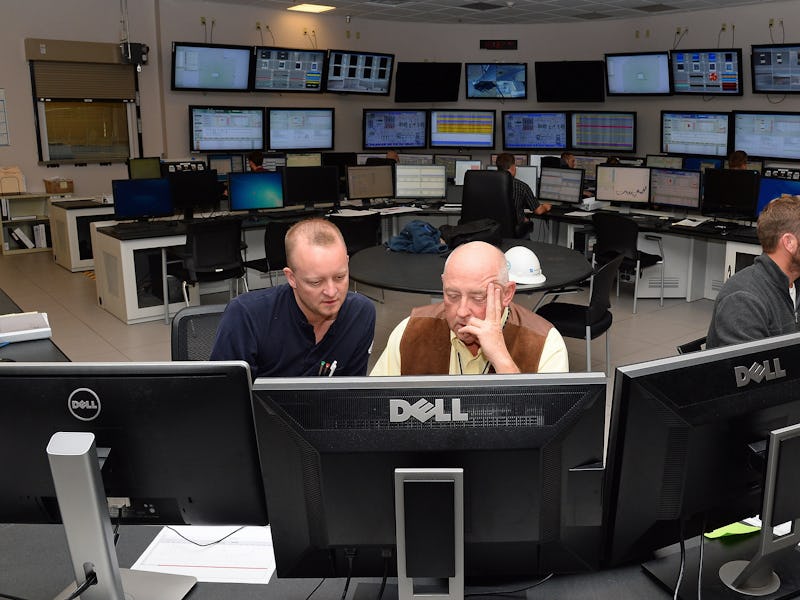What New Report on Ageism in Tech Tells Us about Millennials and Automation
Silicon Valley's youth-obsessed culture may catch up to it.

The tech industry’s prejudice against older folks is alive and well — though that doesn’t mean millennials have its easy.
According to a new study by the job search website Indeed, millennials are close to constituting a majority of the tech workforce while older industry vets struggle to find work.
Bias against anyone but young males has been a long-documented problem in Silicon Valley, but as this report shows, the trend is part of a bigger problem — the fact is that experience doesn’t matter much when it comes to employees’ qualifications — that may be hurting everyone in the long run.
Ageism in tech is apparent, the report states: “It’s there in the cliched but widespread perception that employees need to be young to have a good grasp of the latest technology. And it’s there in startup cultures that push for long hours and low pay, which are hardly friendly to older workers with families.”
This is especially alarming when you consider that, while 85 percent of people in tech believe their employers care about diversity, age is still the elephant in the room going almost entirely unaddressed.
Will the youth always have an advantage? Millennials currently have an edge over their experienced, “less cool” elders — who have since migrated to other tech hubs — in part because coding languages change so rapidly there’s little perceived advantage in having several years or even decades of experience.
But if all that matters is one’s ability to code, younger workers may soon find themselves fighting to keep their jobs once automation begins to take over programming work, as some industry experts like Github CEO Chris Wanstrath predict: “We think the future of coding is no coding at all.”
While the tech industry itself may still be too young for any longterm workforce predictions, the idea of automated programming and manufacturing is slowly creeping into the picture.
“Typing on a computer is such a low-fidelity way of exchanging information with a system,” Wanstrath continued. “We’re really excited about seeing what this does for the future of software development.”
As millennials overtake the older generations who pioneered tech in the Bay Area, the question remains whether ageism is a longterm issue the upcoming generations will grapple with in a few decades’-time.